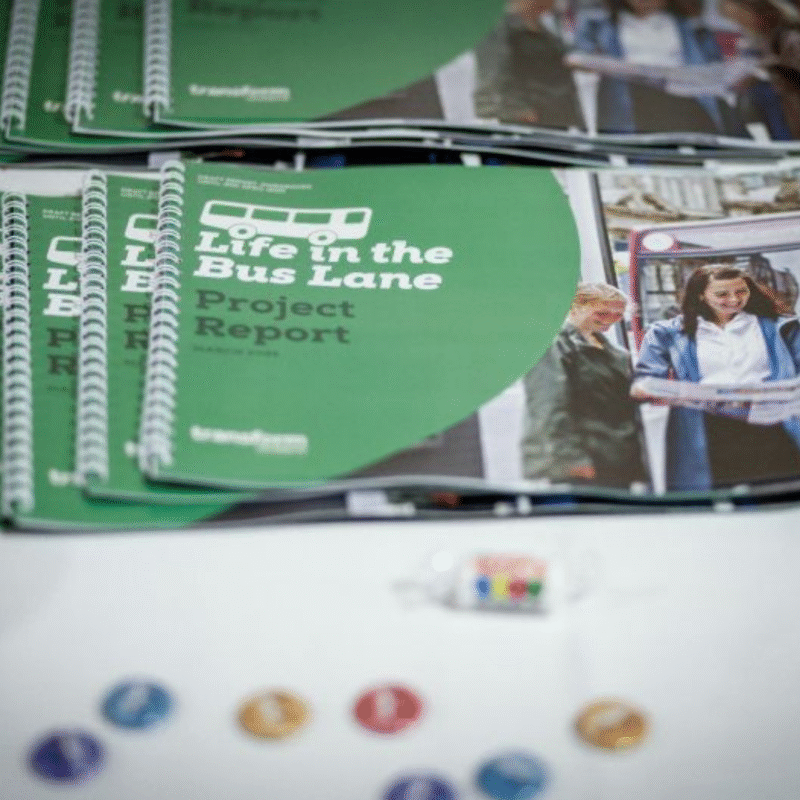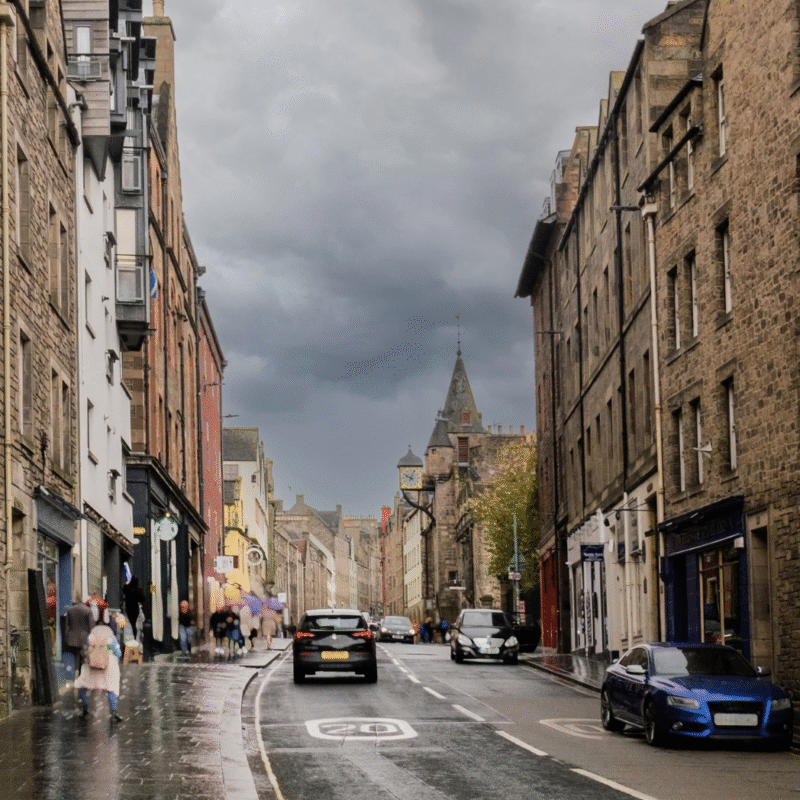On 21st October, Transform members met for the first in our new three-part series of Network Briefings. The discussion focused on the future of Scotland’s ferry network and the key challenges facing the industry, featuring presentations from CalMac and OREF.
The session began with a policy update from Colin Howden, Director of Transform Scotland. Colin outlined the latest Scottish Government transport policy developments, including the announcement to scrap ScotRail peak fares, ongoing work on railway decarbonisation, and the Scottish Greens’ calls for public bus ownership.
He also shared updates on Alexander Dennis’s proposed factory closure (since paused), the UK Government’s approval of Gatwick’s second runway, and expansion plans by Scottish operators Ember and McGill’s. Colin concluded by reflecting on the 200th anniversary of the railway and upcoming consultations on Aberdeen’s Rapid Transit and Edinburgh’s north-south tramline, and looked ahead to the Scottish Parliament elections in May 2026.
Industry challenges and priorities
Diane Burke, Chief Operating Officer at CalMac, provided a overview of the current pressures and priorities for the ferry network.

She highlighted:
CalMac’s commitment to improving gender diversity in the maritime workforce through new recruitment and training initiatives.
The importance of fleet resilience and reliability, particularly while new vessels are awaited.
Rising freight demand, driven in part by whisky production on Islay.
Diane also discussed the impact of service disruptions and outlined a new partnership with ScotRail designed to strengthen ferry-rail connections during times of disruption. The first joint actions from this partnership are due to be published by the end of November.
Progress in electrification and decarbonisation
Neil Kermode, Co-Chair of the Orkney Renewable Energy Forum (OREF), shared insights on the decarbonisation of ferry services and the technical realities of transitioning to low-carbon propulsion.

Neil stressed that while full electrification remains challenging, hybrid systems and energy-efficient catamaran designs offer significant advantages.
Catamarans, he explained, are cheaper to build and operate, perform well in Scottish waters, and are easier to electrify than traditional monohull vessels.
The discussion acknowledged the scale of Scotland’s maritime decarbonisation challenge and the need for coordinated planning, reliable funding, and innovative engineering.
Policy context and member discussion
Questions from delegates raised topics including cycling trends, car policies, and infrastructure investment.
The increasing popularity of cycling in cities around the world was noted – supported by e-bikes and improved infrastructure – and delegates touched on upcoming parking and taxation policies, including Transform’s support for weight-based SUV taxation.
Attendees suggested a radical approach to vehicle taxation based on vehicle size, and raised questions about the Bus Partnership Fund, noting the Government’s reduced commitment from £500 million to £20 million.
The discussion also covered the delayed Scottish Budget and its implications for transport policy scrutiny.
Looking ahead
This first meeting in the series offered valuable insights into the Scotland’s ferry industry, the progress of electrification, and how the Transform membership alliance can work together to promote better, more sustainable transport services.
The next Transform Network Briefing will take place on 18 November, with a panel of rail experts and Transform’s ongoing policy priorities.





